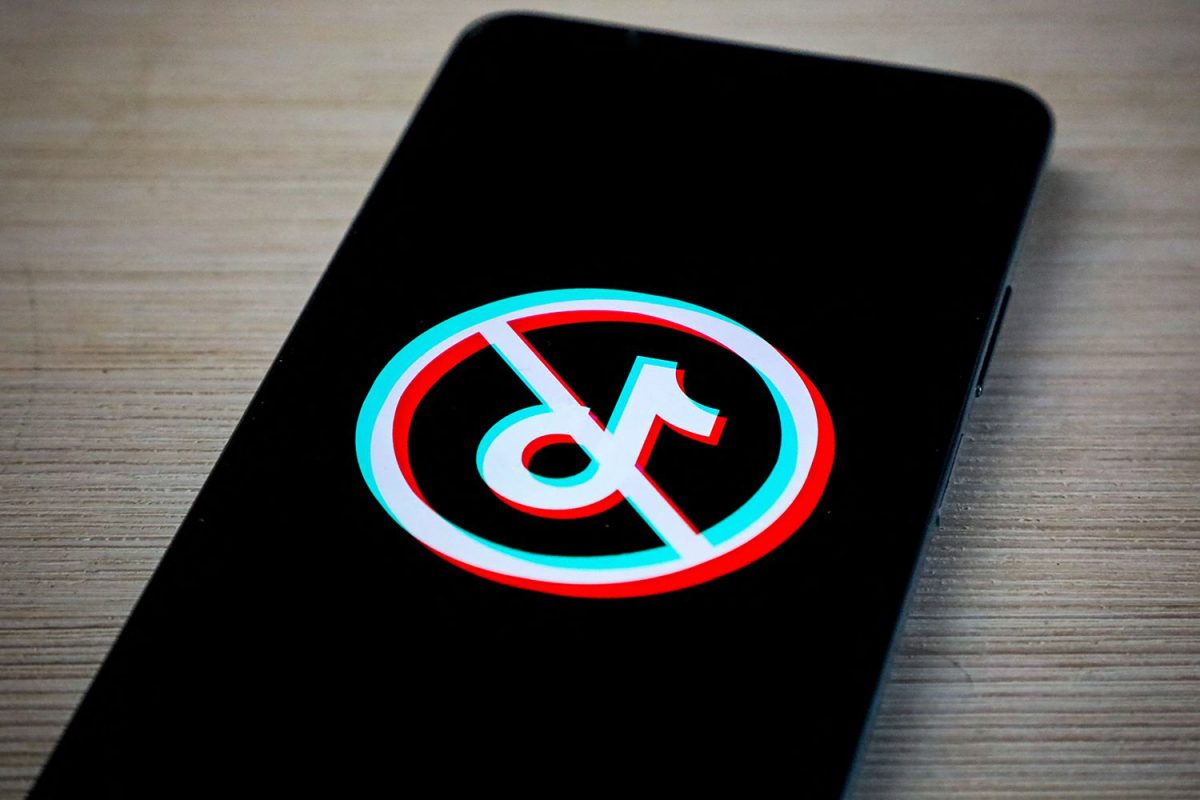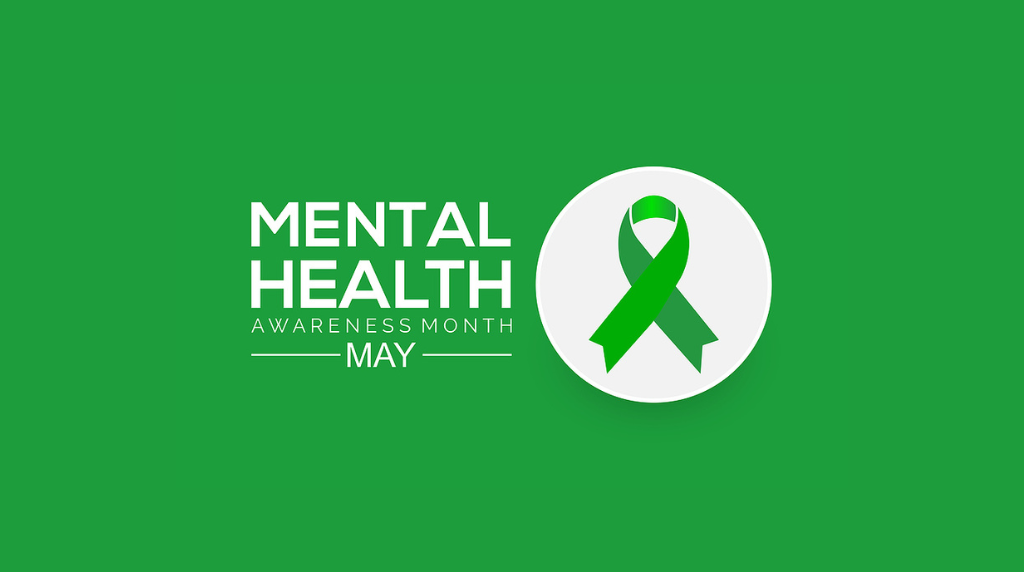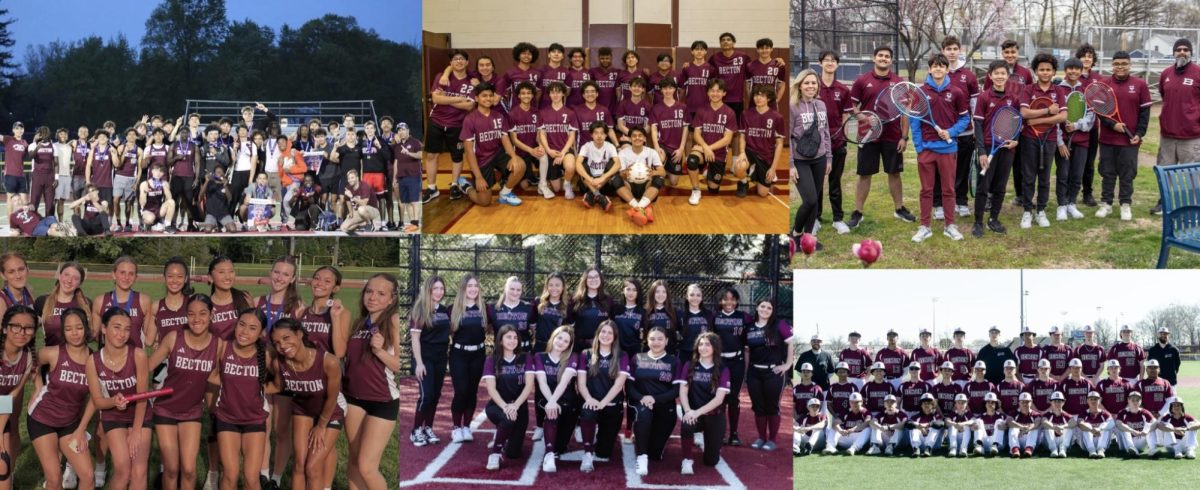On Dec. 16, 2024, TikTok filed an emergency request with the U.S. Supreme Court to block a federal law requiring its China-based parent company, ByteDance, to give up ownership of the app or face a nationwide ban in the United States. The Supreme Court agreed to hear the case, scheduling oral arguments for Jan. 10, 2025. However, on Jan. 17, 2025, the Court unanimously upheld the law, resulting in TikTok’s suspension of services in the U.S. on Jan. 18, 2025.
TikTok, which has millions of American users, has faced growing scrutiny over concerns that its Chinese ownership could allow the Chinese government to access user data from outside its borders. According to NBC News, these data privacy and security concerns were central to the arguments for banning the app. There are concerns that the Chinese government could demand access to this data under Chinese laws, potentially jeopardizing national security.
On a more personal level, another main reason for its potential ban is the influence the app has on younger kids. For example, the app is known for its entertainment and videos people post “for fun,” but some videos could influence a child into a mindset that can be harmful in the long run.
Should TikTok be banned? Well, the consensus is 50/50. About 55% of Becton staff and students disagree with the ban, and this majority may be relieved to know that after only a fourteen-hour ban, President Trump signed an executive order allowing the app to operate for 75 more days—unless it is purchased by an American company.

On the contrary, 45% believe the ban should be enforced. Becton teacher, Mr. Joseph Malyack, does believe that Tiktok should be banned, “not because of privacy or because it is not American-owned. TikTok’s whole business model is using short, easy-to-skip videos to keep people’s attention hostage. The whole concept of ‘this video is boring in 3 seconds, let me skip it and something better may come’ is dangerous to the developmental psyche of the human mind. It encourages shortening one’s attention span which harms their ability to process complex information. It also leads the way to the ‘just one more’ mindset which is a form of addiction.”
Mr. Malyack expands, expressing concern for the developmental process of audiences, “By never knowing what the next video is, but knowing it is something someone may like, they are being enticed to continuously go to the next video, causing a never-ending cycle that keeps them on the app for hours longer than they intended to be. Thus, turning an extra few seconds into an extra few hours, taking away time to study, sleep, work, talk to friends, spend time with family or self-care.”
Sophomore Ferdinando Morrone, fellow Wildcat who disagrees with the banning of TikTok, delves, “The only reason it’s getting banned is because it’s a ‘national security risk’ which has been proven false time and time again. There are two real reasons that it’s getting banned: The wealthy top percent like Mark Zuckerberg and Elon Musk lobby the government to ban TikTok because their inferior social media companies can’t compete, and because TikTok is one of the best places that people use to spread information about political and social issues, ones that usually oppose the ideas of the US government, wealthy people and companies that support it.”
The debate over banning TikTok is complex, with many people feeling torn on the issue. Some believe the app shouldn’t be banned outright but should have stricter security measures instead. Junior Hunter Xie shares this perspective, stating, “It should not be banned because it is a platform of free speech, economic opportunities for many Americans, as well as a learning platform. However there must be reform on how TikTok stores and uses data of many Americans as the platform has ties to foreign adversaries, which may be selling and surveilling Americans.”
The debate over banning TikTok comes with both advantages and disadvantages. Some argue against the ban, emphasizing the platform’s benefits. As Morrone explains, “TikTok has many advantages. One big issue is that thousands of small businesses that improve our economy rely on TikTok for the promotion and distribution of their product, something that just isn’t done as well on other platforms. TikTok feels more interconnected than any other social media platform. Rather than others like Instagram, where it feels more like you’re just viewing other people’s posts, TikTok is like a social space.”
Another viewpoint from Freshman Miriam Sales Espinoza exemplifies, “There are quite a few advantages and disadvantages but this depends on your way of use. If you use it to watch videos, using the app at all hours is only affecting yourself but if you use it to put it to good use and study or learn, browsing the app is not bad for everyone.”

The general consensus is that while the advantages of TikTok usage range from media coverage to entertainment, the largest disadvantages are the apparent gradual decrease of attention-span and the addiction to the phone it causes. “It’s whole setup is designed to addict their users to the app. The ‘For You Page’ creates echo chambers, therefore limiting one’s viewpoint (not expanding it as intended.) It recluses people to spend more time scrolling an app instead of living their life and interacting with others,” Mr. Malyack reinforces. Echo chambers, in this context, refer to “environments where individuals are exposed only to beliefs or opinions that align with their own.”
While some may think viewers will suffer without TikTok, it is content creators who will be most affected. As BRHS English teacher Mrs. Leeann Ruiz points out, “Content creators that use the platform for their job may lose income. These individuals may need to turn to other platforms to support themselves, but this may be difficult because they would need to grow their following from scratch.” Xie predicts that consumers will shift to other video-sharing platforms like Instagram or YouTube, but this transition will not be easy. Additionally, Mr. Michael Ryan believes that as a result, other platforms will begin to “monitor their information and posts more closely.” Regardless of whether TikTok stays or goes, content creators will face significant challenges.
The debate over whether TikTok should be banned is complex, with strong arguments on both sides. The decision will have lasting consequences, and it remains to be seen how legal challenges and public opinion will shape TikTok’s future in the U.S. For now, TikTok is still here, with 63 days left before the final decision is made.
Sources: www.nbcnews.com, www.pbs.org, rappler.com





















